Fortinet Acquires Next DLP Strengthens its Top-Tier Unified SASE Solution
Read the release

Data-driven companies understand the value of their information resources, and protecting this valuable asset should be a priority for everyone in an organization who interacts with or handles data. A single data breach that exposes customer information can be devastating and ruin a company’s reputation. That’s why many enterprises are implementing Data Loss Prevention (DLP) software to ensure the security of their sensitive information on-site and in the cloud.
DLP solutions enforce organizationally-defined data handling policies to protect information that could negatively affect the company if it is disclosed or compromised. Deploying an automated DLP tool gives companies a reliable method of securing their data resources. In this article, we’ll discuss the most important factors to consider when choosing a DLP software tool for your company.
Many DLP software solutions are available on the market, so you should carefully evaluate the options to choose a DLP tool that offers key features and benefits such as:
Keep reading to learn more about why you want to select a DLP tool that offers these features and benefits.
Following are some of the main features and factors organizations should consider when selecting a data loss prevention solution that will reliably protect their information.
Data classification
Data classification is a foundational component of a DLP solution. Without effective classification, it is impossible to provide data elements with the level of protection they demand. Some DLP software requires data to be pre-classified by an additional tool before it can enforce data handling policies. More efficient DLP solutions can classify data dynamically as it is created, transmitted, and used throughout an organization.
Functionality
A DLP tool should be able to automatically enforce the organization’s data handling policies. This can involve taking a wide variety of actions autonomously based on identified exceptions to the policies. Examples include automatically encrypting sensitive data before allowing it to be transmitted and restricting users from printing information they are not authorized to access. You want to be confident the DLP tool is taking all necessary steps to ensure data handling policies are followed by everyone in the organization.
Cross-platform compatibility
DLP software has to be able to protect data across the organization. A business cannot risk only protecting a subset of its data resources with a platform-limited tool. Companies also don’t need or want the additional complexity of implementing multiple DLP solutions to address diverse computing platforms. An effective DLP tool will support the Windows, macOS, and Linux operating systems to protect the complete infrastructure.
Simple installation
If possible, companies should stay away from tools that require complex installation procedures or extensive support by third-party consultants. A tool that provides a simple installation path can be rolled out quickly so it can start doing its job of protecting sensitive data. Ideally, there should be out-of-the-box capabilities to get started and customization options that can be used to address a company's unique data handling requirements.
Ease of use
The selected DLP tool should be easy to use and not require extensive training. There is always a danger that overly complicated software solutions will not be used effectively by the workforce. A tool that is easy to use will be adopted across the organization — even by remote workers — and enhance the security of sensitive and high-risk data.
Reporting capabilities
An effective DLP tool will provide reports that can be used to improve the way an organization protects its data resources. The reports should furnish information on intentional and accidental violations of the company’s data handling policies so improvements can be made. Reports can also identify persistent attempts to gain unauthorized access which may indicate the presence of malicious insiders.
Employee training
An advanced DLP solution will provide incident-based user training to increase awareness of company data handling policies. Rather than simply restricting access to a file, an effective DLP tool will inform the user why or how they are violating the policy. This understanding educates the user and potentially provides information that will be used to modify the data handling policy.
Next DLP offers companies a cloud-based data loss prevention tool that addresses all of the factors discussed above. Our Reveal product is a next-generation, comprehensive and innovative DLP solution that provides organizations with the protection they need to secure their valuable data. The features that make Next DLP’s Reveal an excellent choice in DLP software include:
Start protecting your valuable data with this advanced data loss prevention tool. Book a demo or contact Next DLP to learn how your company can take advantage of this effective DLP solution.
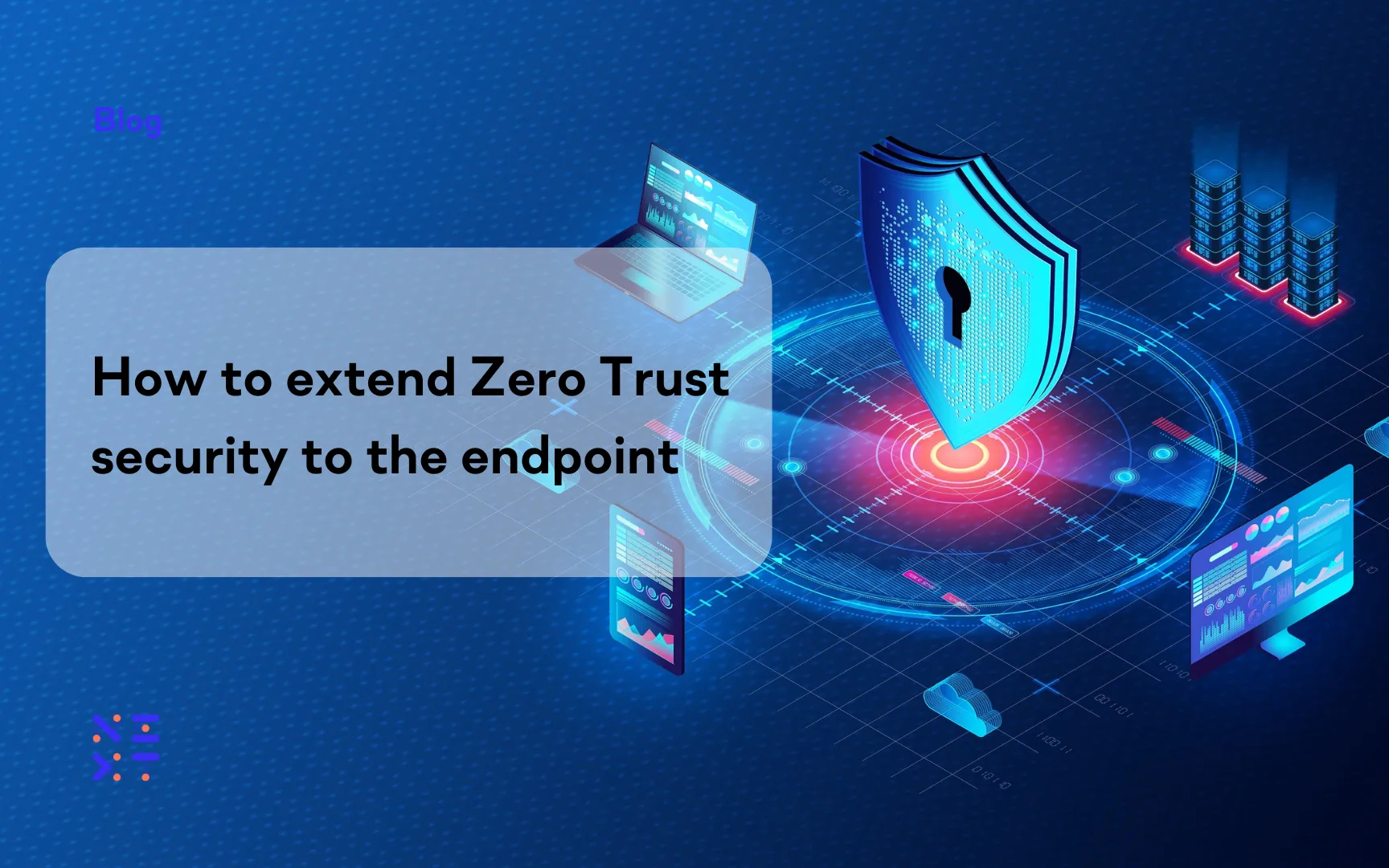
Blog
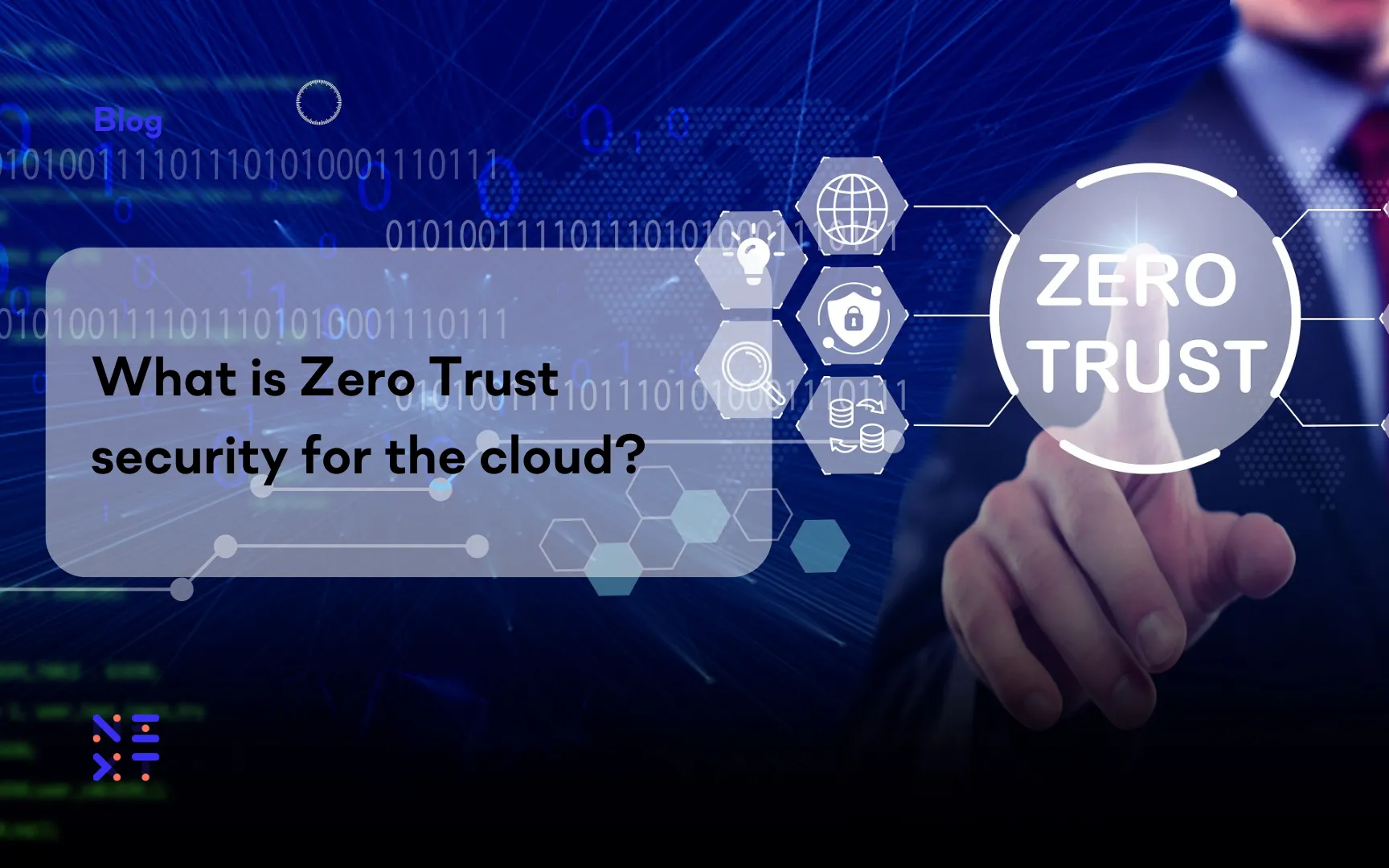
Blog

Blog
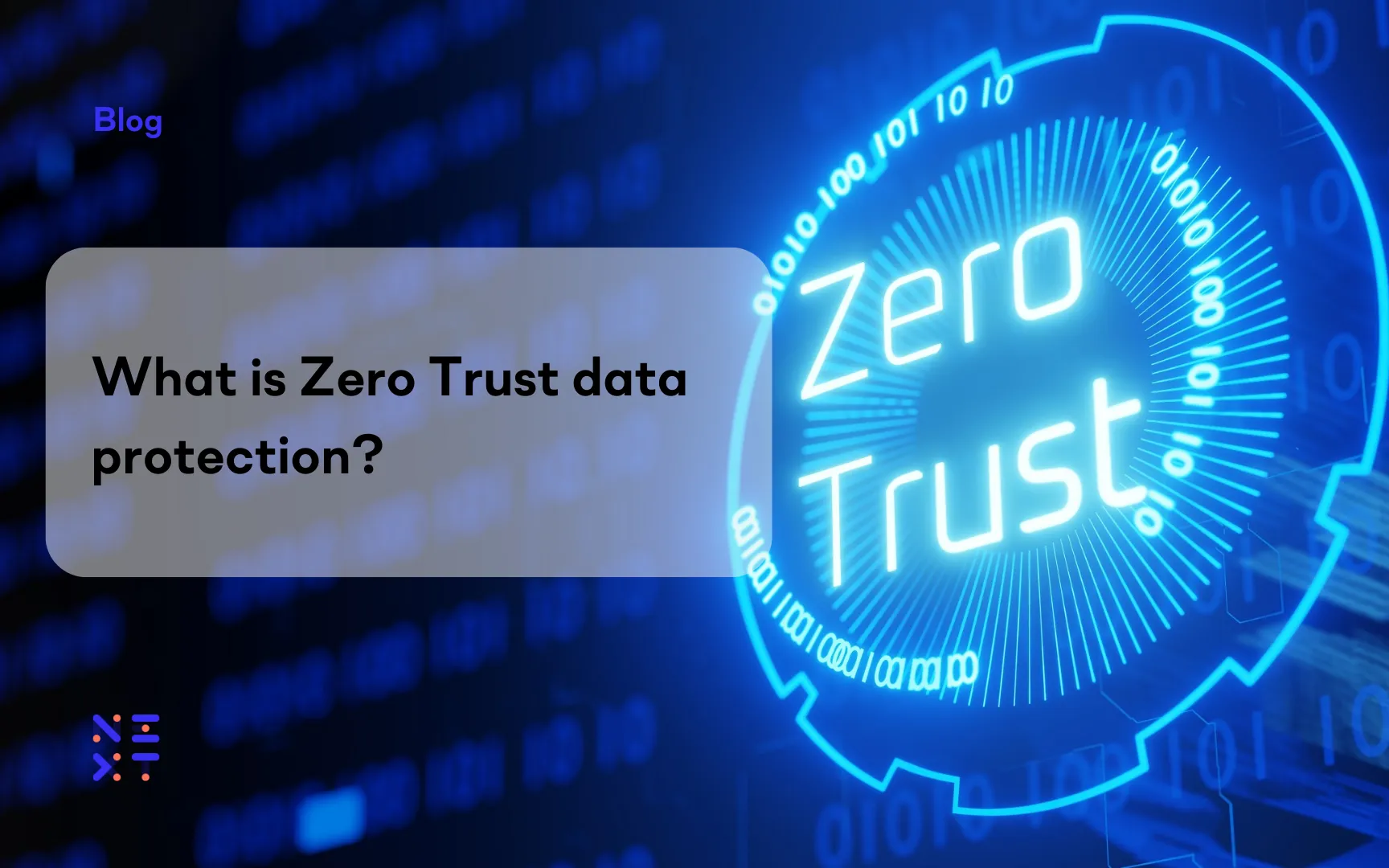
Blog

Resources

Resources
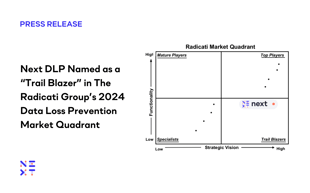
Resources
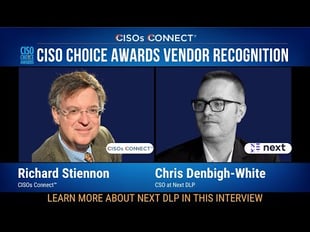
Resources
